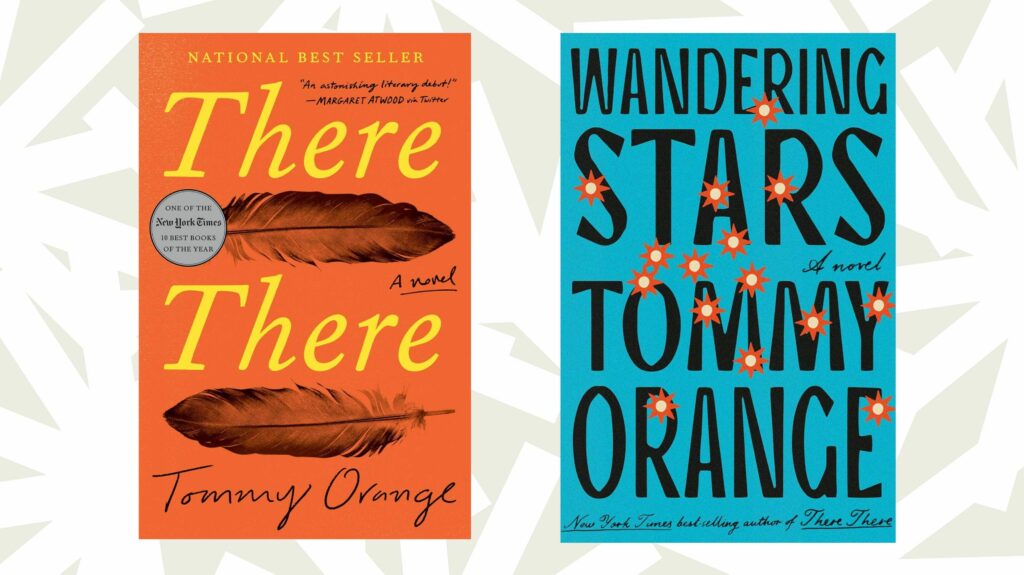“Yet the first bringer of unwelcome news hath but a losing office”
– (William Shakespeare, Henry IV Part 2)
Work, relationships, politics – anything and everything can take on a life of its own.
The train leaves the station with a clear destination and a well-planned route. Signals are in sync, tracks will be switched at the right times, gates will descend to product pedestrian and auto crossings.
But things don’t always go as planned, and when a train gets on the wrong track, it can set off a chain of reactions that increase danger exponentially.
At times like this, we count on transportation and public service authorities to alert the public and do everything possible to get the train back on track and avert danger. And most often, the one who uncovers the danger and alerts authorities first – the messenger – is a hero.
If only this were always the case. As Al Gore’s film title suggests, there are many times when the truth is simply “inconvenient.”
We see this in politics on a daily basis. Cynical members of both parties, focused on ideology and self-preservation rather than public service, often seem oblivious to the obvious. Ego and ideology trump achievement and progress more often than not.
In the realm of personal relationships, how many divorced people do we know who tell us, “I knew it was wrong before the wedding. It was never going to work.”
So why did they get married in the first place? One friend of mine told me of his misgivings at his second wedding. “I always think I’m going to wind up with Leslie (wife number one, not her real name),” he said, moments before the ceremony started. Having learned nothing, he asked me if he was making the right decision to marry wife number three two weeks before the wedding. I advised that given his history, if he was at all uncomfortable, he should postpone or cancel. “But all the invitations are out, we’ve got the place and the band and the food,” he replied. You know how this story ends.
We desperately need good messengers, enlightened, caring, empathetic, bright, trusted, reliable people to deliver the news we need to hear, not just want to hear. Our elected officials need to tell us the truth. So do those close to us in our personal lives.
But sometimes when the train is leaving the station, it’s better to hop on and wait for the inevitable train wreck than to call your guests, lose your deposits, or worse, put yourself in a socially awkward, personally uncomfortable position. The ancients killed messengers when news wasn’t good, didn’t they?
More easily said than done. But it’s human nature to avoid the creation of discomfort as well as to indulge in wishful thinking. Kick the can down the road and hope that it all works itself out.
Of course, business is different, right? In free markets, where the strong survive, the weak perish and the numbers don’t lie, burying the truth or putting off tough decisions would surely result in disaster.
Granted, the “truth” can be highly subjective and that facts are easily manipulated. Still, you would think that businesses with major investments in high-priced, sophisticated marketing talent along with hundreds of thousands or millions of dollars in marketing research, would demand nothing less than complete honesty and transparency. Cautious optimism when the news is good, brutal directness when it’s not.
Seldom is this the case. The veneer of the cold, detached, analytic M.B.A. is no match for the emotional complexity of human nature. I’ve done incredible focus groups that have been perceived as “terrible,” and mediocre focus groups, dogged by bad recruiting or inarticulate respondents that have been perceived as “great.” It wasn’t long into my career that I figured out why.
If the agency’s creative is well-liked, if the client’s concepts are embraced enthusiastically, groups are always “great.” No further discussion is needed, no reason to go deeper. On the other hand, research tends to be “bad” when work is not well received. The work wasn’t presented properly. We should have shown real ads, not just concepts. Those respondents were ignorant or just too stupid to “get it.”
It’s human nature to want our projects to succeed. Our self-esteem elevates off the charts when our ideas test well. We feel recognized, safe, reassured and valued. Most importantly, our optimism erupts contagiously, at least temporarily. We can do no harm. We are destined for greatness in our personal and professional lives.
This is true even if the ideas are not our own. Just being on “the right side” can spark these feelings.
Conversely, the fear of failure can be greatly exaggerated by negative feedback in focus groups. Business pundits, academics and progressive companies tout the importance of failure. If we aren’t free to fail, the reasoning goes, innovation is not possible.
How often have you personally experienced your own failures or those of your colleagues as something positive? The stigma of failure and the push for short-term results always trumps taking smart risks and learning from one’s mistakes. Was there ever a clearer explanation of the less than two-year average tenure of CMO’s?
Very few people enjoy straying from their comfort zones. No one wants to fail. We want to be included, not excluded. So when the CEO or a powerful senior executive decides to roll out counter-intuitive, everyone-in-the-building-knows-they’re-going-to fail initiatives like New Coke or Taco Bell Border Lites, the sycophants can’t jump on the bandwagon fast enough.
We’ve all experienced this phenomenon in business to varying degrees at some point in our careers. In the end, all we can do is summon our best instincts, think as critically as we can, and offer up the soundest recommendations possible. Falling on your sword is seldom an option, and quiet persistence can sometimes trump whimsical, wishful thinking.
Still, it’s not in your best interests to kill the bringer of bad tidings. It’s nice to imagine that the maker of cheap, greasy Mexican food, best consumed at 2:00 AM in order to soak up all the beer you’ve been drinking is credible in making healthy, low-cal food because “healthy” is where the food trends are going. But if your marketing researchers (your messengers) are telling you that customers aren’t buying it, that dissonant voice may just help to restore sanity.
More importantly, if you are the messenger, say a Brand Manager reporting in to the CMO or the CMO reporting to the CEO, be brave. Be sensible, but be brave. Odds are you’re not going to last out the year anyway. Your boss has already promised the Board that you’re going to reverse a decade-long slide in sales with your marketing budget slashed by 15%. Just like the politicians have promised us lower taxes and lower deficits.
Someone’s got to stop drinking the Kool-Aid at some point. It might as well be you.




